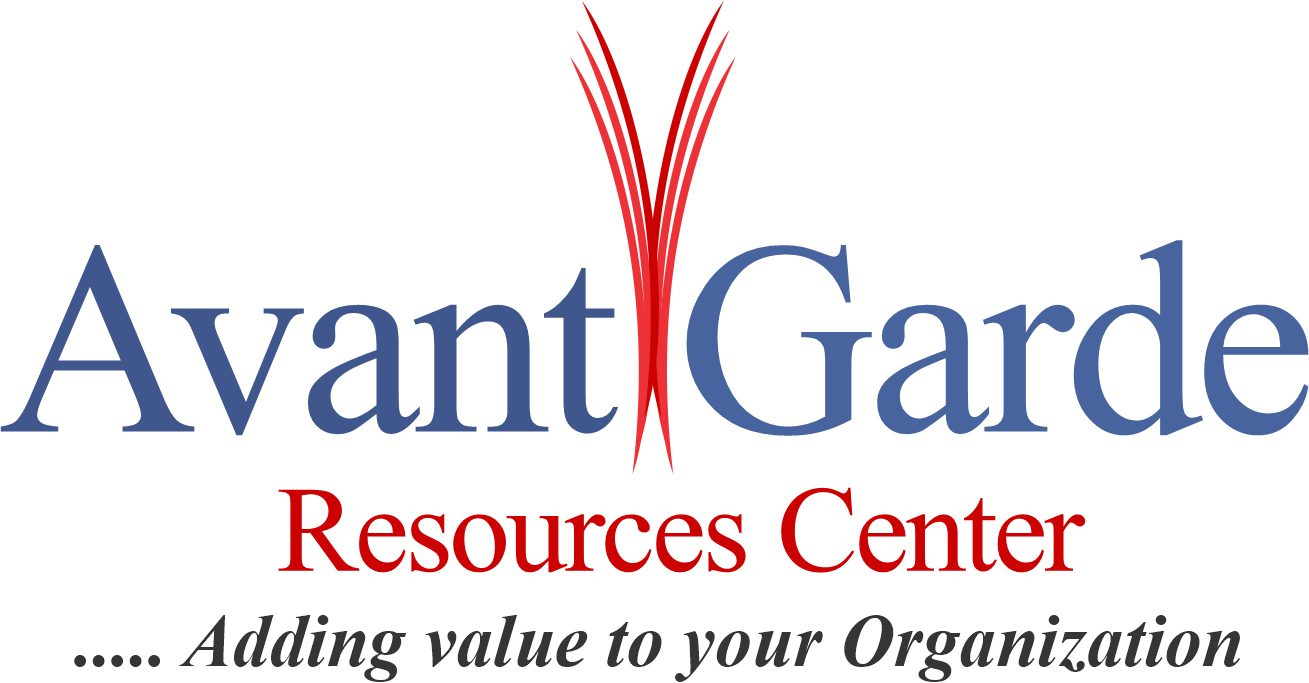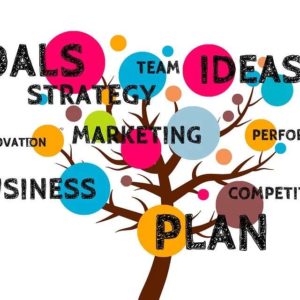Objective
Leaders negotiate all the time, both inside and outside their organizations. Externally, they deal with customers, suppliers, investors and other stakeholders. Internally they negotiate for resources, schedules and support. Thus, the ability to negotiate and to resolve disputes is a fundamental skill that every leader needs to master. Whether you are involved in internal budget negotiations or external supplier negotiations, the ability to negotiate and manage conflict effectively comes from understanding the structural and interpersonal aspects of negotiations. Further, managers must be able to identify those conflicts that require the use of dispute resolution and the different types of dispute resolution methodologies that are available.
So, the workshop applies practical skills, complemented with substantive knowledge to round out the skill sets of the participants to make them highly effective leaders and managers. If you complete the course successfully, you should be able to:
- Demonstrate an understanding of how to manage conflicts in a way and manner that leads to constructive outcomes
- Identify cognitive biases that stand as barriers to effective negotiation and conflict management and the deception and biases that could limit one’s own negotiation and conflict management skills







Reviews
There are no reviews yet.